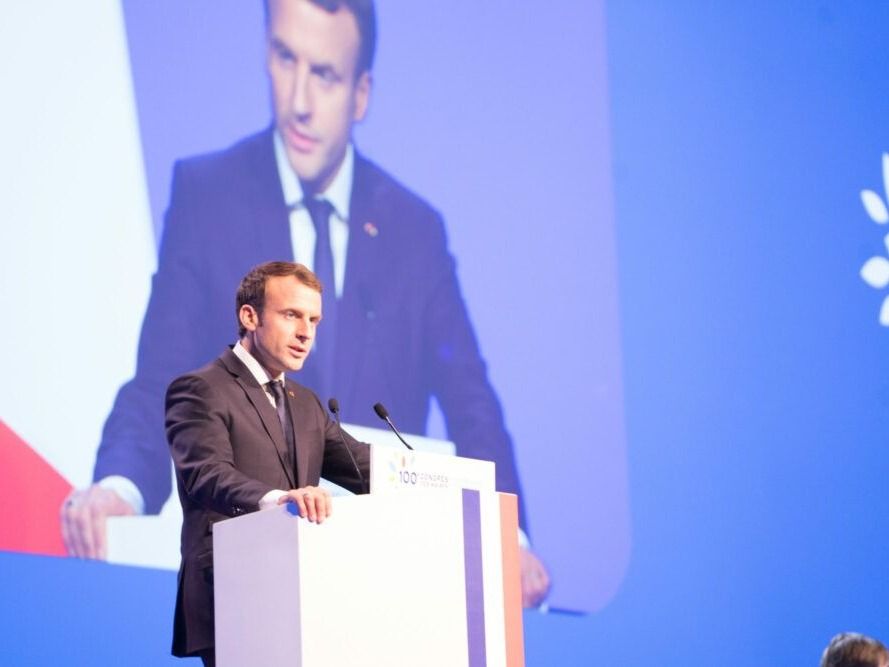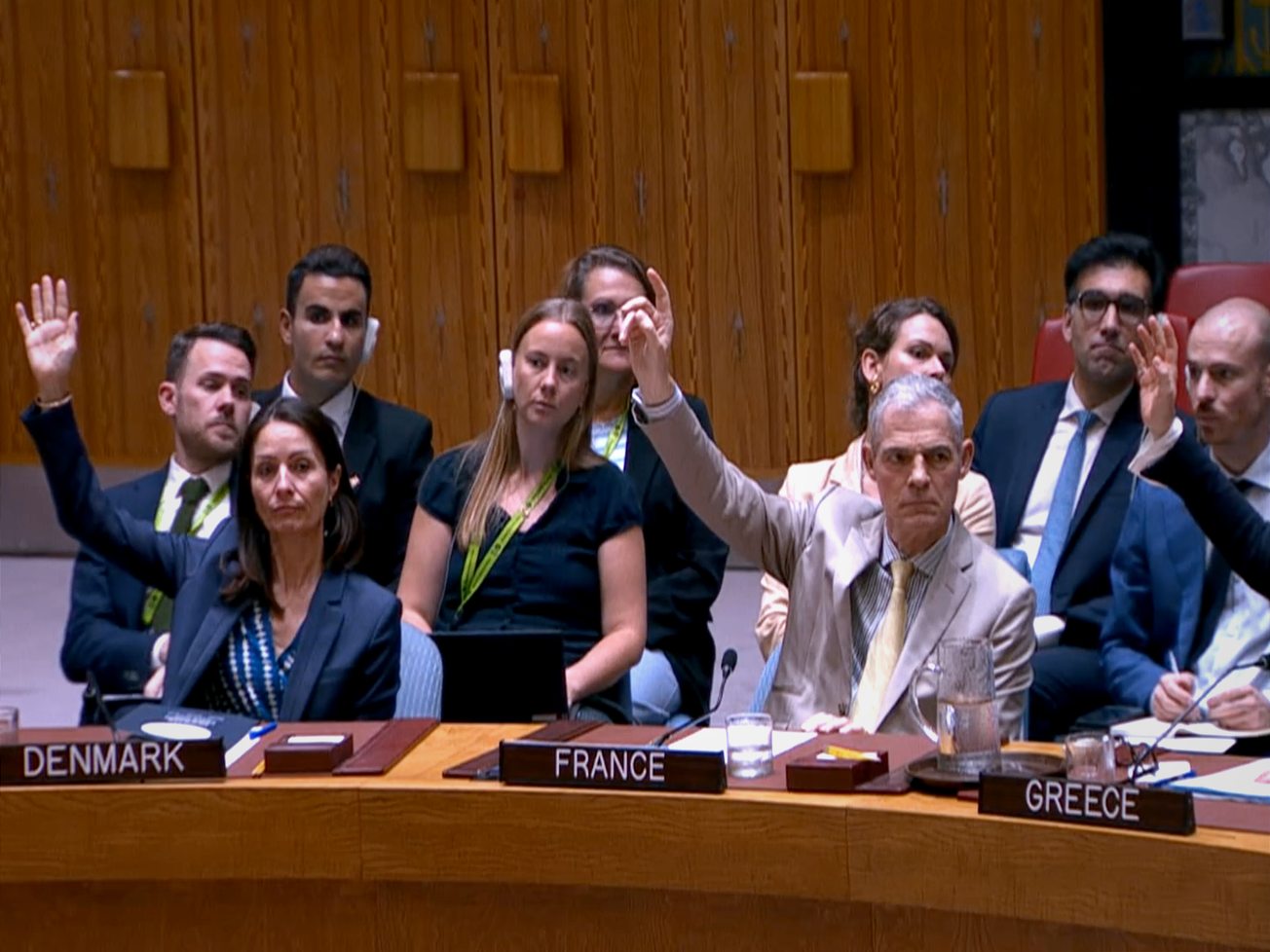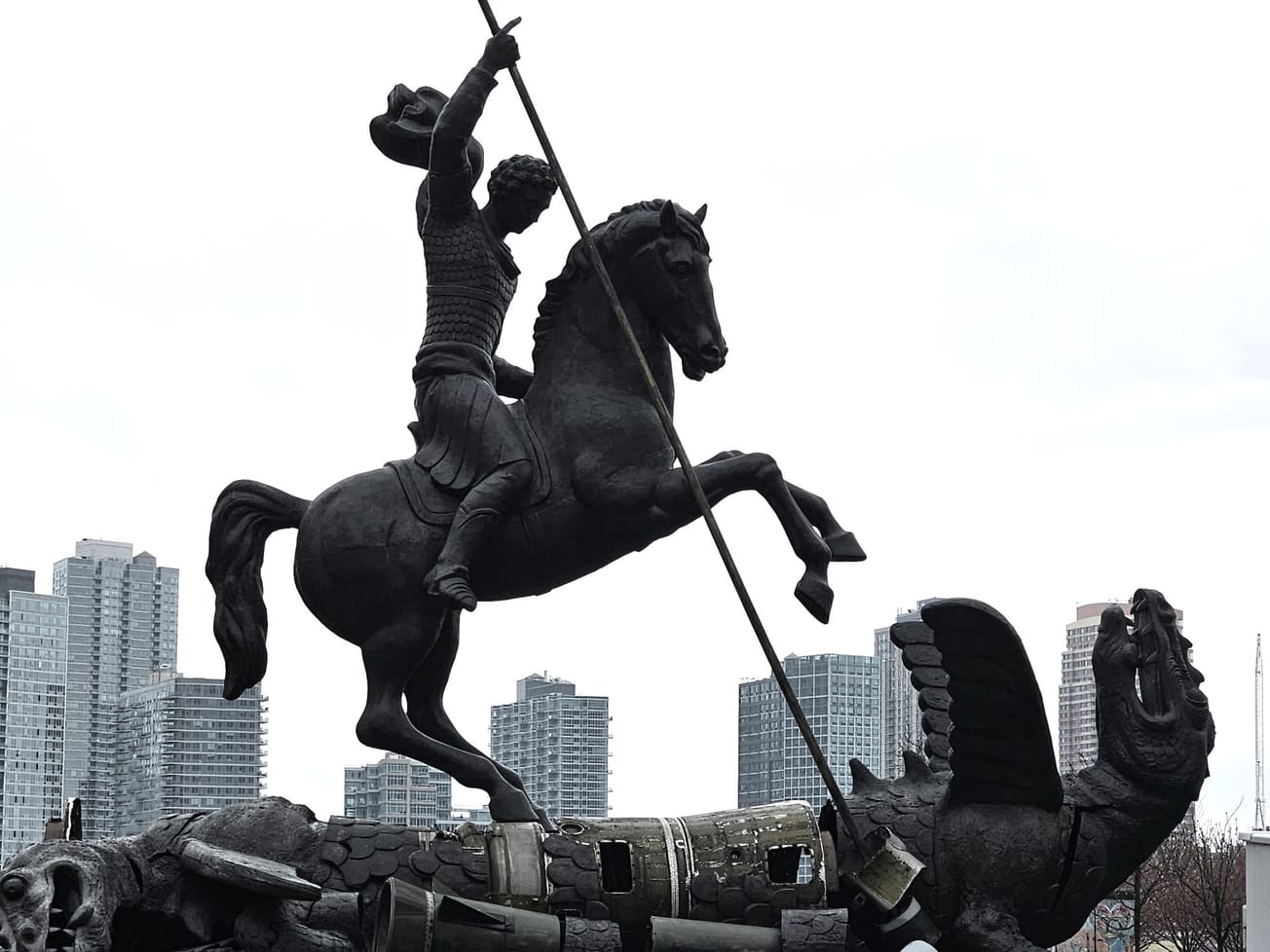PARIS (AN) — As leader of the European Union's only remaining nuclear-armed nation, French President Emmanuel Macron put forward a new doctrine on Friday for France to lead Europe in reducing the global threat of a nuclear arms race.
He said the French nuclear arsenal must be used as a deterrent within a more coordinated European defense policy because the continent cannot remain in "a spectator role" and leave it to China, Russia or the United States to lead — or obstruct — global nonproliferation efforts.









